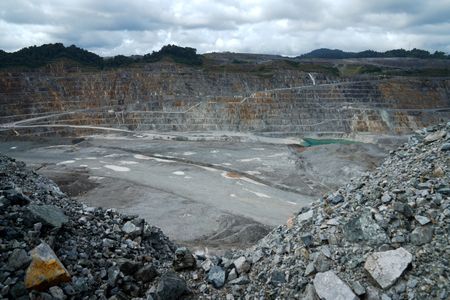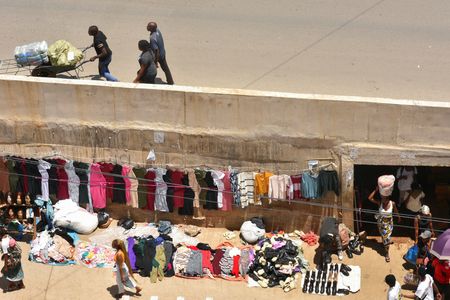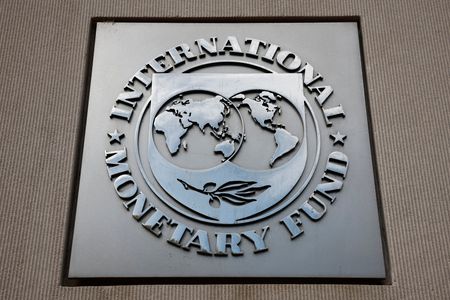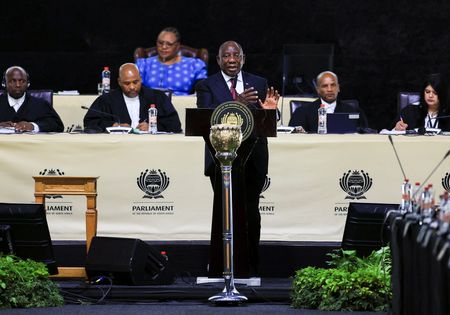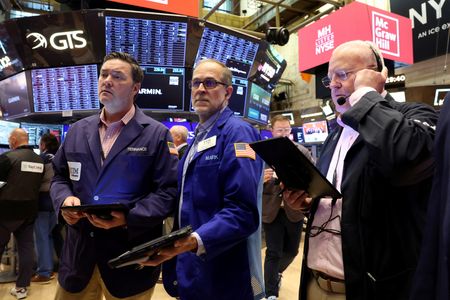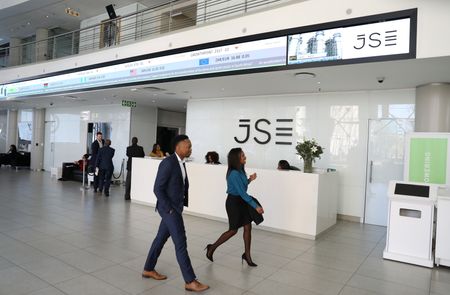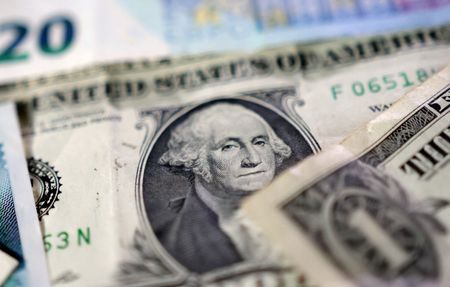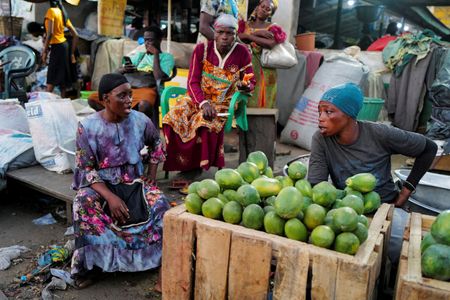By Divya Rajagopal
TORONTO (Reuters) -Canadian miner First Quantum Minerals is exploring a gold pre-payment deal from its Zambian mines to boost its balance sheet, CFO Ryan MacWilliam told analysts on Thursday, as the company looks at new options to raise funds beyond a stake sale.
The company was exploring a minority stake sale of its two Zambian mines last year. On Thursday, First Quantum said while the stake sale is not off the table, it will be exploring gold streaming deals from its Kansanshi mine in Zambia.
“We have obviously seen record high gold prices, that means the gold pre-payment or streaming market is strong, it is obviously an active market, and that gives a variety of options from a financial perspective, in addition to those we have talked about before,” MacWilliam said on an analyst call discussing the company’s quarterly results.
Gold streaming is a financing mechanism in which a buyer makes an up-front payment to a miner in exchange for purchasing future production from the miner, usually at a predetermined price.
Shares of First Quantum were last trading up 1% on the Toronto Stock Exchange.
The two mines in Zambia are crucial assets for First Quantum after the shutdown of its Cobre Panama copper mine in 2023 following a dispute with the Panamanian government. The company said it continues to have active discussions with Panamanian officials to bring about a resolution.
Panama’s top court ordered the closure of the mine after large public protests against it. After months of negotiations, Panama President Jose Mulino allowed the company to export copper concentrate from the mine in June, which was mined before the previous government ordered the shutdown.
First Quantum said it is spending $15 million per month on the care and maintenance of the Cobre Panama mine, a figure that is expected to go up to $17 million to $18 million by the end of this year.
According to RBC Capital Markets, the company ended the quarter with $745 million in cash and $6.2 billion in debt compared to $751 million in cash and $6.5 billion in debt at the end of the first quarter of 2025.
(Divya Rajagopal in Toronto; Editing by Nia Williams)

